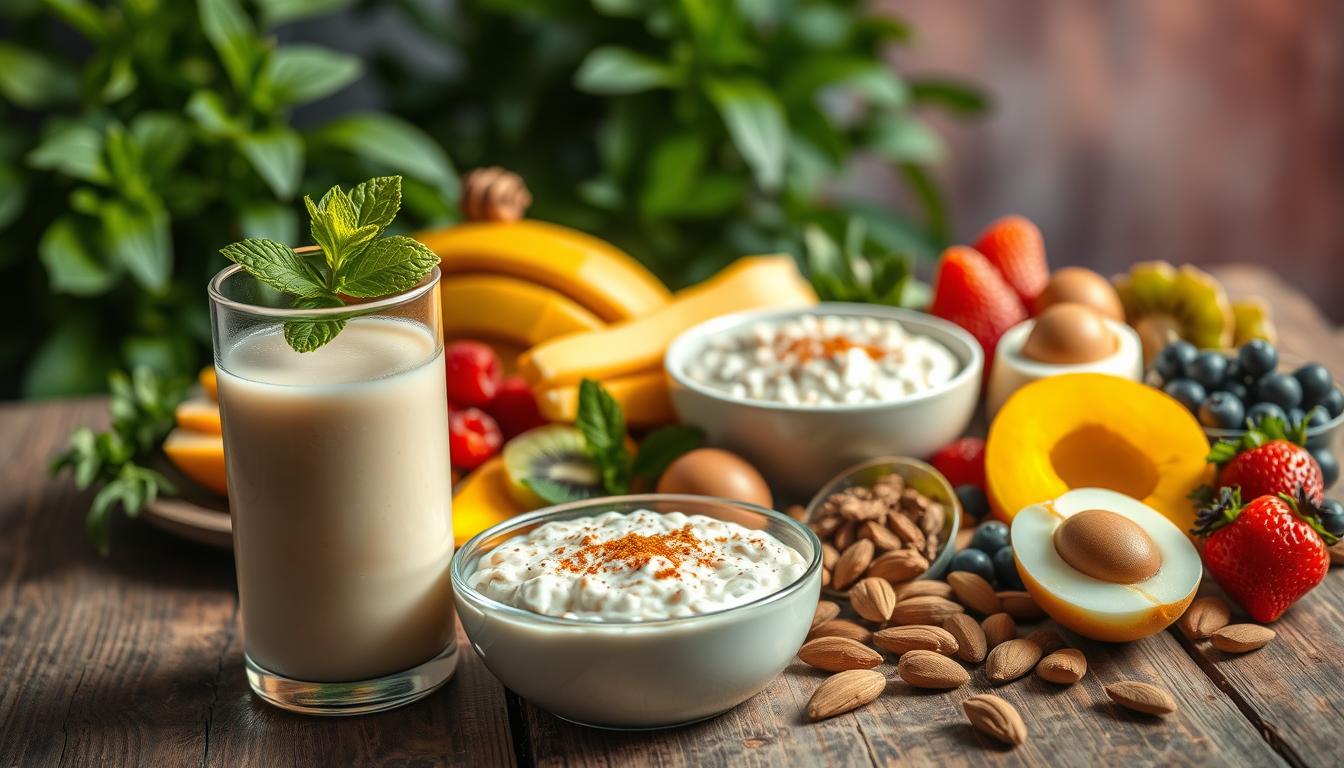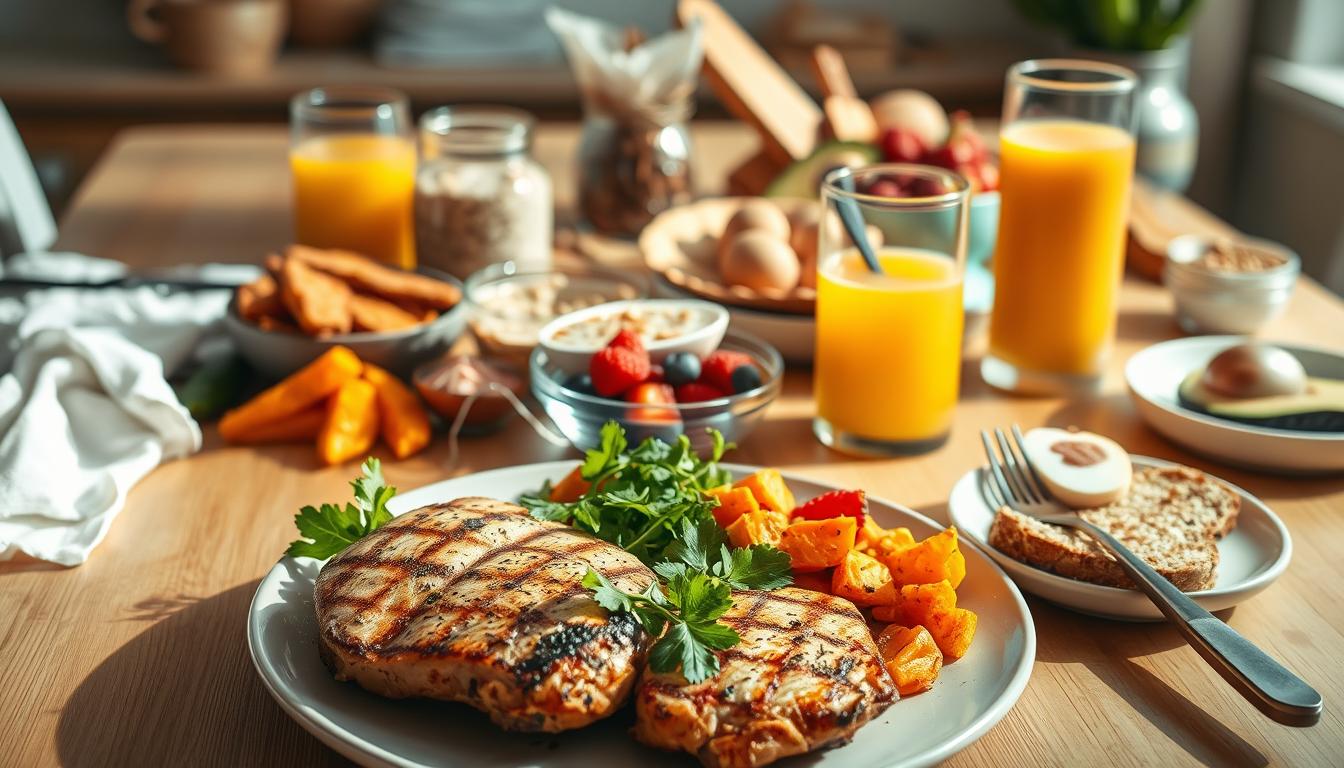After a strenuous workout, your muscles need the right nutrients to recover and grow. Research shows that proper post-workout nutrition can reduce muscle soreness by…
Pre-Workout & Post-Workout Fueling
Fuel Your Workout: Top Pre-Workout Meals for Fat Loss
A well-nourished body is essential for a successful workout. Research shows that a proper pre-workout meal can significantly enhance exercise performance and boost fat loss….

